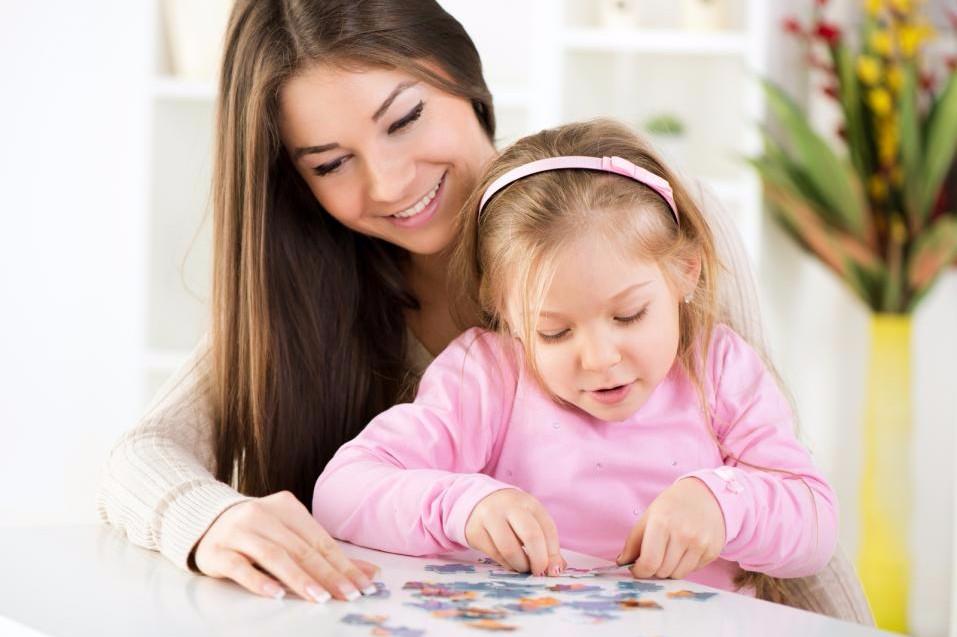As Childrens Psychologist Adelaide, I’ve been working with children for a long time, and it’s clear to me that many of them are not as motivated as they could be. For example, I had a student named Jimmy who was incredibly bright but didn’t like school or his teachers. I felt like there was something wrong with him—maybe he was stupid? But when I talked to him about it, he told me that school is just boring for him because it doesn’t teach him anything new about how the world works. That got me thinking: If you could give kids more opportunities to learn about how the world works in ways that interest them… wouldn’t they be more motivated?
Acknowledge your child’s feelings
You can’t always change the fact that your child is feeling a certain way, but you can show that you sympathize with his or her situation. When it comes to self-motivation in children, empathy is key.
You want your kids to know that they have someone who understands their struggles and cares about them as individuals. This will help them recognize that they are worth being motivated for themselves, rather than just because they’re trying to make other people happy (or mad).
Give children the opportunity to make choices
You can’t expect your child to be self-motivated if you don’t give them the opportunity to make choices. This could be about what they wear, what they eat or even where they want to go. Giving your children control health over small things in their lives will help them build confidence and feel good about themselves while also teaching them discipline.
For example, if your child has a lot of toys that are scattered around the house, maybe consider putting some of them away when she’s not looking so that she has fewer options available at any one time. Maybe you can set up some rules around which toys belong in certain rooms and which ones belong outside (maybe all the toy cars stay in the garage). You could also give her more freedom over what books she reads by letting her choose between two books instead of giving her only one option at a time.
Build your child’s self-confidence
- Build your child’s self-confidence.
A child who feels confident in his or her abilities is more likely to be motivated to achieve goals and succeed. You can help boost your child’s self-esteem by teaching him or her the importance of not giving up, even when things don’t go as planned:
- “You’re doing a great job! You did so much better at this than yesterday.”
-
“There are going to be times when it’s really hard for you, but we’ll get through it together.”
Teach kids the process of setting and achieving goals
When you’re teaching your kids how to achieve goals, first start with small ones. Once they feel confident in their ability to achieve these small goals, they will be more likely to take on larger tasks.
Childrens Psychologist Adelaide suggests using rewards as motivation for children when it comes to setting and achieving goals. Be sure that the reward is something that will benefit your child in the long run, though – not just something that will make them happy at the moment. If the reward isn’t something long-lasting (like a toy), then don’t give it out as part of their achievement system!
Make sure that all goals are realistic. If they aren’t realistic, it can cause stress and anxiety for kids who can affect their moods and behaviours later on down the road when it comes time for another challenge or goal being set before them again.
Conclusion
Children are influenced by their parents and caregivers. So it is important to encourage the child’s self-motivation so that they can set goals for themselves and achieve them.



